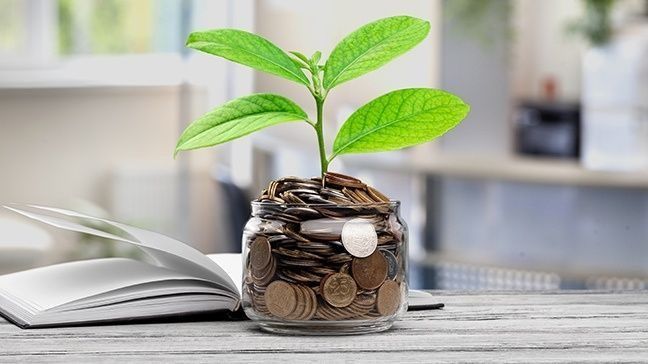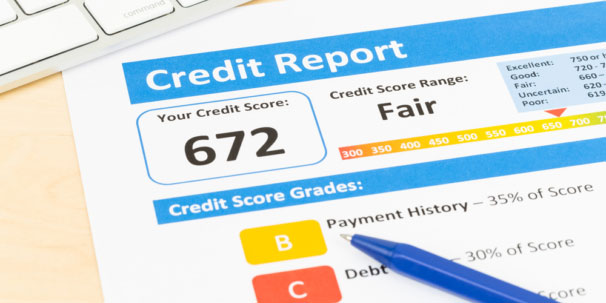Each comes with its unique set of dangers, prospects, and fiscal regulations. Putting up a comprehensive portfolio may seem difficult, but the dividends, interest, and rentals it generates may make an effort worthwhile. Based on what you know and need at that moment, you will tend to lean toward certain asset classes. When things in your life change, particularly as you become older, so do your requirements. You will transition from needing development to needing a secure income. These shifting requirements might be satisfied by various kinds of assets. Find out more about the three categories to assist you in deciding on how to start investing and saving.
Buy Stock in a Publicly Traded Business
In the past, accumulating money via the ownership of a firm or a portion of a business was a very effective strategy. You do not need to have been the original owner to own the business; acquiring stocks is one of the most popular ways. There are a variety of different methods to acquire the stock(s) of a company.
Start Your Own Company
Participating in trading on an exchange such as the New York Stock Exchange makes it possible to acquire common stock (NYSE). You may invest via a direct stock purchase plan, a 401(k) plan, an individual retirement account (IRA), your broker, or an account with a mutual fund.
Establish Your Very Own Business.
It is possible to launch your own company and organize it in any one of a variety of formats. If you have the ability, the skills, and the motivation, it is frequently more lucrative to establish your own company than to invest in stocks and shares.
Buy Into Someone Else's Privately Held Company
You can become a partner or purchase stock in a private corporation. You may take several approaches to do this, such as paying with money, providing your work, or negotiating the conditions. Some investors concentrate their efforts only on private equity and limit themselves to specialized market subsets in which they believe they can compete successfully.
Investing Some of Your Savings
Lending money has been around since the beginning of civilization. You put as much money as possible into savings, and then you start lending money to other people. You base the interest rate you ask for on the risk associated with the loan and the duration of the term. Bonds are another kind of loan, but instead of giving money to an individual, you provide it to a company. You offer them money on the condition that they pay you an interest rate or a coupon rate, and then you get your money back at the end of the period.

Purchase Bonds
Bonds are financial instruments that may be issued by either government (such as Treasury bonds or savings bonds) or corporations. Municipalities, businesses, charitable organizations, and other types of organizations are also capable of issuing them. Through a broker, you can purchase bonds and bond funds.
Make a Loan
You may make a direct loan by discussing the terms of the loan in private with someone who needs financial assistance. You can use a formal contract or verbally agree to the terms and conditions, as well as establish a repayment plan and the interest rate.
Investing Money in Real Estate
Real estate ownership is one of the oldest forms of generating money in the financial sector, second only to lending money. If you own property, such as land or a home, you may be able to generate income by renting it out to another person.
Purchase a Home
Purchasing a house for your family is more of a cost-cutting measure than an investment in the traditional sense. However, like stock prices, real estate values may go up and down. You may spend $100,000 on a home one year and then see its value rise to $120,000 the next year if you sell it. Over one year, it amounts to a rise in equity of $20,000.

You may also purchase a property to rent it out to families unable to qualify for a mortgage. A legally binding arrangement between a buyer and an owner is a lease-purchase contract. The buyer pays a cost known as an option fee in exchange for the opportunity to purchase the residence at a certain price at a later date. The homeowner hopes to profit from the rent payments and the sale of the property by leasing it to potential buyers before the transaction is finalized.
Flipping and REITs
Buying a house, upgrading it, and then selling it for a profit is yet another investing strategy. This practice, known as "flipping," is widespread in the real estate industry. Putting money down with other investors to acquire real estate via special tax-advantaged enterprises free from corporation taxes is one way many individuals earn money on properties (under most circumstances).




